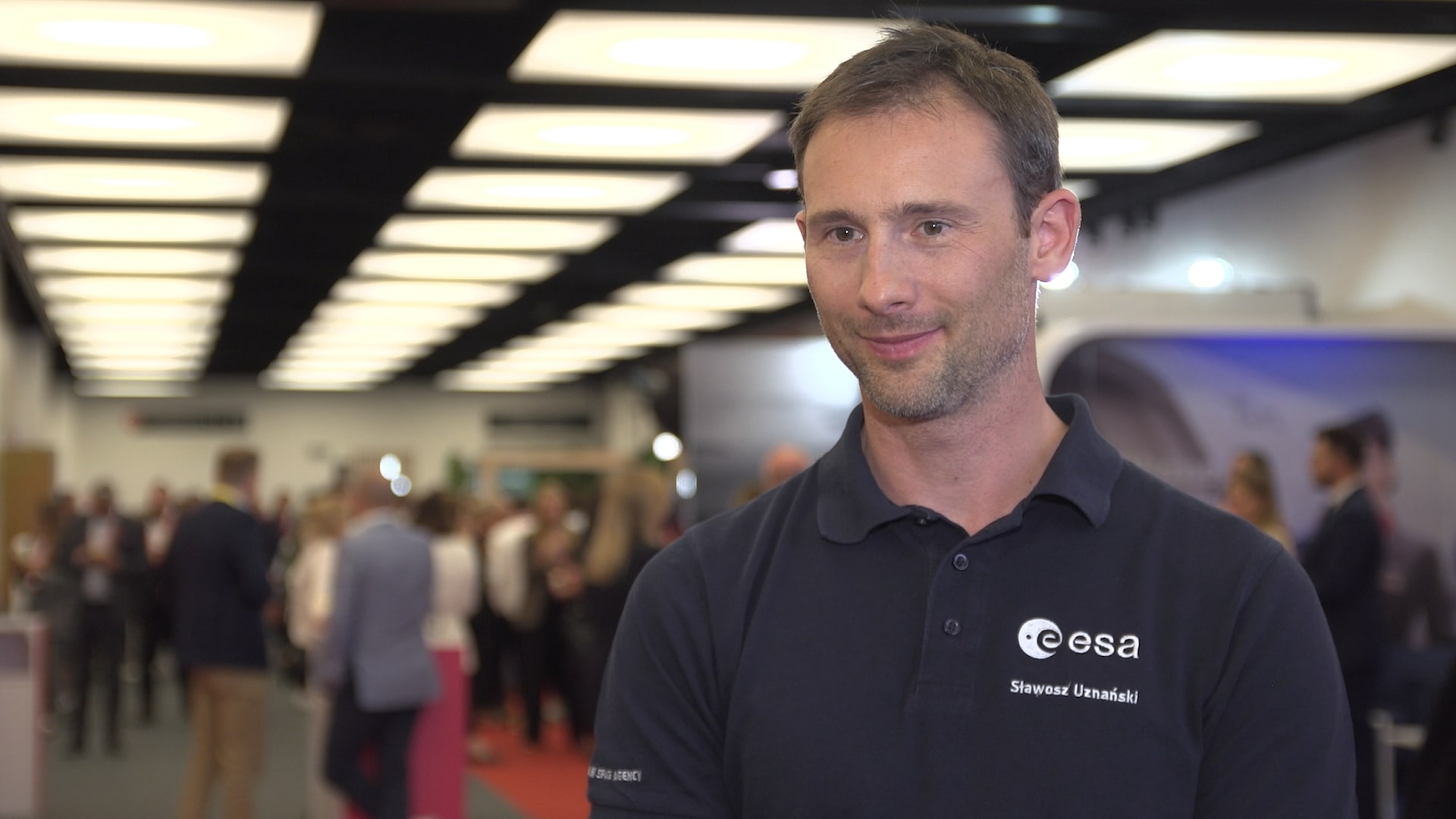Polish astronaut Dr. Sławosz Uznański is busy preparing for a historic mission: conducting a series of scientific experiments aboard the International Space Station (ISS). The mission, currently slated for fall 2024 (with a possible postponement), will be the first to involve a Polish astronaut and Polish-developed experiments.
Uznański’s training has been rigorous, encompassing theoretical and practical aspects. He has delved into the workings of the ISS, SpaceX rockets, and Dragon capsules. Parabolic flights simulated microgravity, while pool training at the European Astronaut Centre honed his skills for various space scenarios.
Scientific training is equally crucial. Uznański has expanded his knowledge in medicine, physiology, biotechnology, climate science, and engineering disciplines to understand the experiments he’ll conduct.
The European Space Agency (ESA) recently signed contracts with seven Polish institutions for these experiments. They will explore the effects of long-term spaceflight on mental health, gut microbiome, and the immune system. Additionally, projects will investigate the use of artificial intelligence in low gravity, noise monitoring on the ISS, microalgae for space adaptation, and the behavior of genetically modified yeast in microgravity.
Out of 66 proposals submitted by Polish entities, 18 were initially selected. Uznański hopes to see all 18 experiments reach the ISS. Institutions involved include a consortium of universities, the Military University of Technology, and private companies like Svantek and Extremo Technologies.
This mission presents a golden opportunity for the Polish space sector. “The benefits are tangible,” says Uznański. “Polish industry and research will gain valuable experience and space-proven technologies, which can later be commercialized globally.”
The mission stems from an agreement between the Ministry of Development and Technology and ESA. It aims to bolster Polish science and space technology by leveraging microgravity research, ultimately enhancing research competitiveness and accelerating commercialization.
Uznański emphasizes Poland’s potential in this field. “We have exceptional young talent in automation, robotics, and computer science,” he highlights. “Combined with our scientific capabilities, this potential can be harnessed to make Poland a significant player in the lucrative space industry.”
The mission marks a significant stride for Polish space exploration. With dedication and expertise, Poland can carve its niche in the global space economy.
